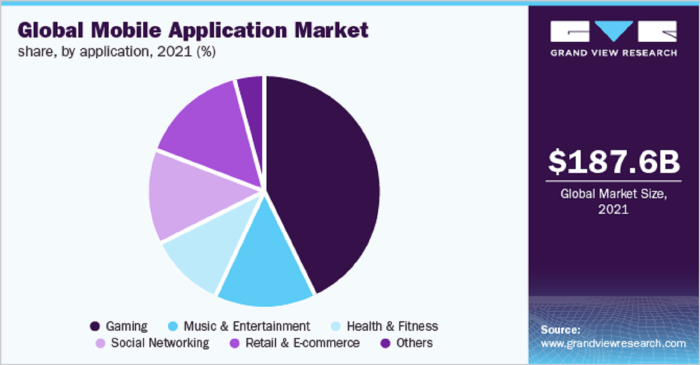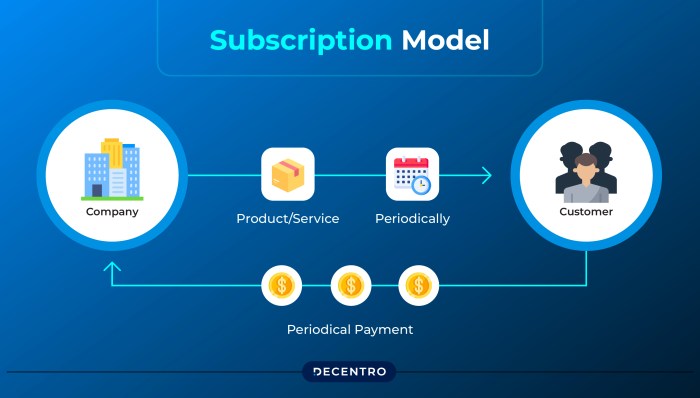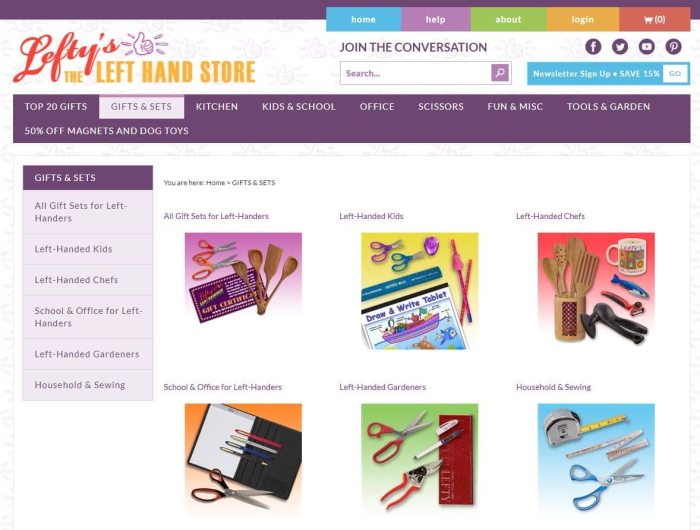Exploring Online Retail Market Trends
Delving into online retail market trends, this introduction immerses readers in a unique and compelling narrative. It sheds light on the evolution of online retail and its impact on businesses, setting the stage for a deeper dive into the subject matter.
The subsequent paragraph will offer detailed insights into the various aspects of online retail market trends, providing a comprehensive understanding of the topic.
Overview of Online Retail Market Trends

Online retail market trends refer to the patterns and shifts in consumer behavior, technology, and market dynamics within the e-commerce industry. These trends encompass changes in shopping preferences, advancements in online platforms, and new marketing strategies adopted by businesses to attract customers.Staying updated with online retail market trends is crucial for businesses to remain competitive and relevant in the ever-evolving digital landscape.
By understanding and adapting to these trends, companies can better meet the needs and expectations of their target audience, ultimately driving sales and profitability.The impact of online retail market trends on businesses is significant, influencing various aspects such as product offerings, pricing strategies, customer engagement, and fulfillment processes.
Companies that fail to keep pace with these trends risk losing customers to more agile competitors who are quick to embrace change and innovation.
E-commerce Growth
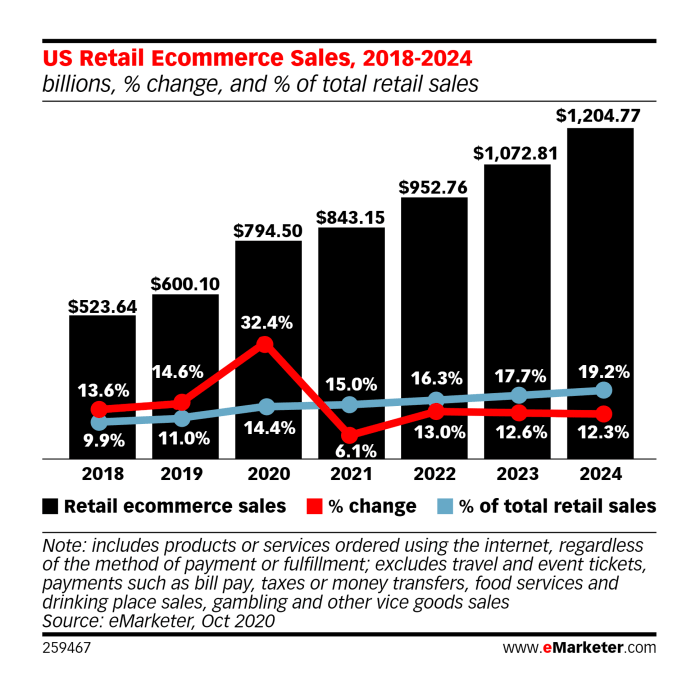
E-commerce has experienced significant growth in recent years, with more and more consumers turning to online shopping for convenience and accessibility. This shift in consumer behavior has led to a surge in e-commerce sales globally, reshaping the retail landscape.
Recent Growth Patterns
- According to Statista, global e-commerce sales reached $4.28 trillion in 2020, and this number is expected to grow to $5.4 trillion by the end of 2022.
- The COVID-19 pandemic further accelerated e-commerce growth, as lockdowns and social distancing measures forced consumers to shop online instead of in traditional stores.
- E-commerce platforms like Amazon, Alibaba, and Shopify have seen exponential growth in sales and market share, showcasing the dominance of online retail in the current market.
Comparison with Brick-and-Mortar Stores
- While brick-and-mortar stores still play a crucial role in retail, the growth of e-commerce has outpaced traditional retail in recent years.
- E-commerce offers consumers 24/7 accessibility, a wider range of products, and personalized shopping experiences, which have contributed to its rapid growth.
- Traditional retailers are increasingly adopting omnichannel strategies to integrate their physical stores with online platforms to meet the changing demands of consumers.
Innovative E-commerce Strategies
- One innovative strategy driving e-commerce trends is the use of AI and machine learning algorithms to personalize product recommendations and enhance the shopping experience.
- Subscription-based models, like those offered by companies such as Dollar Shave Club and Stitch Fix, have gained popularity by providing convenience and curated selections to consumers.
- Social commerce, where businesses sell products directly through social media platforms like Instagram and Facebook, has emerged as a powerful tool for reaching and engaging with customers.
Digital Marketing Trends
Digital marketing plays a crucial role in shaping online retail market trends by helping businesses reach their target audience effectively and drive sales. Let's delve into the impact of social media on e-commerce trends and how personalization and AI are influencing digital marketing strategies.
Impact of Social Media
Social media platforms have become powerful tools for e-commerce businesses to connect with their customers, build brand awareness, and drive sales. Here are some key ways social media is impacting e-commerce trends:
- Increased brand visibility and reach through targeted advertising on platforms like Facebook, Instagram, and Twitter.
- Enhanced customer engagement through interactive content, live streaming, and influencer collaborations.
- Facilitation of seamless shopping experiences with features like shoppable posts and direct messaging for customer support.
Personalization and AI in Digital Marketing
Personalization and AI technologies are revolutionizing digital marketing strategies by enabling businesses to deliver tailored experiences to individual customers. Here's how personalization and AI are influencing digital marketing:
- Utilizing customer data and insights to create personalized product recommendations, email campaigns, and targeted ads.
- Implementing chatbots and virtual assistants powered by AI to provide real-time customer support and enhance user experience.
- Optimizing marketing efforts through predictive analytics and machine learning algorithms to forecast consumer behavior and trends.
Mobile Shopping Trends
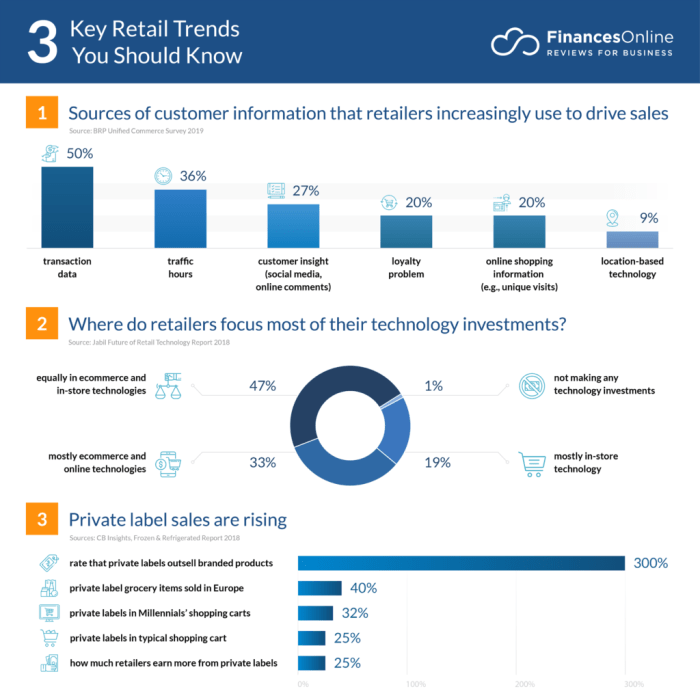
Mobile shopping has seen a significant rise in the online retail market, with more consumers turning to their smartphones and tablets to make purchases. The convenience and accessibility of shopping on mobile devices have contributed to this growing trend.
Importance of Mobile Optimization
Mobile optimization is crucial for e-commerce websites to ensure a seamless shopping experience for users on their smartphones. Websites that are not optimized for mobile devices may lead to a poor user experience, resulting in decreased sales and customer retention.
It is essential for businesses to invest in mobile optimization to cater to the increasing number of mobile shoppers.
Role of Mobile Apps
Mobile apps are transforming the way consumers shop online by providing a personalized and interactive shopping experience. With features such as push notifications, personalized recommendations, and one-click purchases, mobile apps offer convenience and efficiency to shoppers. Businesses are increasingly developing mobile apps to enhance customer engagement and drive sales in the competitive online retail market.
Customer Experience Trends
Customer experience trends in online retail are constantly evolving to meet the changing demands of consumers. Providing a seamless and personalized shopping experience has become crucial for businesses looking to stand out in a crowded marketplace. Companies are leveraging technology, data analytics, and innovative strategies to enhance customer satisfaction and loyalty.
Personalization and Customization
- Companies like Amazon and Netflix are leading the way in personalizing the shopping experience for their customers. They use AI and machine learning algorithms to recommend products based on past purchases and browsing behavior.
- Brands are offering customization options, allowing customers to personalize products to their preferences. For example, Nike lets customers design their own sneakers through their online platform.
Omni-channel Retailing
- Retailers are focusing on providing a seamless shopping experience across multiple channels, including online, mobile, and brick-and-mortar stores. This allows customers to shop anytime, anywhere, and through their preferred channel.
- Companies like Starbucks have successfully implemented omni-channel strategies, enabling customers to order and pay for their coffee through the mobile app and pick it up in-store without waiting in line.
Customer Reviews and Ratings
- Customer reviews and ratings play a significant role in shaping online retail trends. Consumers rely on reviews to make informed purchase decisions and trust peer recommendations over traditional advertising.
- Platforms like Yelp, TripAdvisor, and Amazon have built their reputation on user-generated content, allowing customers to share their experiences and provide feedback on products and services.
Concluding Remarks
In conclusion, this discussion has highlighted the dynamic nature of online retail market trends and their significance in the business landscape. By staying informed and adapting to these trends, businesses can thrive in the ever-evolving online market.
FAQ Explained
What are some innovative e-commerce strategies driving market trends?
Innovative e-commerce strategies such as personalized recommendations, AI-powered chatbots, and immersive shopping experiences are key drivers of market trends in the online retail sector. These strategies enhance customer engagement and drive conversions.
How do mobile apps transform the way consumers shop online?
Mobile apps offer convenience, personalization, and seamless shopping experiences to consumers, revolutionizing the online shopping landscape. With features like in-app purchases, push notifications, and easy navigation, mobile apps play a significant role in shaping consumer behavior and driving sales.
What is the role of customer reviews and ratings in shaping online retail trends?
Customer reviews and ratings provide social proof and influence purchasing decisions in online retail. Positive reviews can build trust and credibility for a brand, while negative reviews can highlight areas for improvement. Companies that prioritize customer feedback often excel in shaping positive online retail trends.
